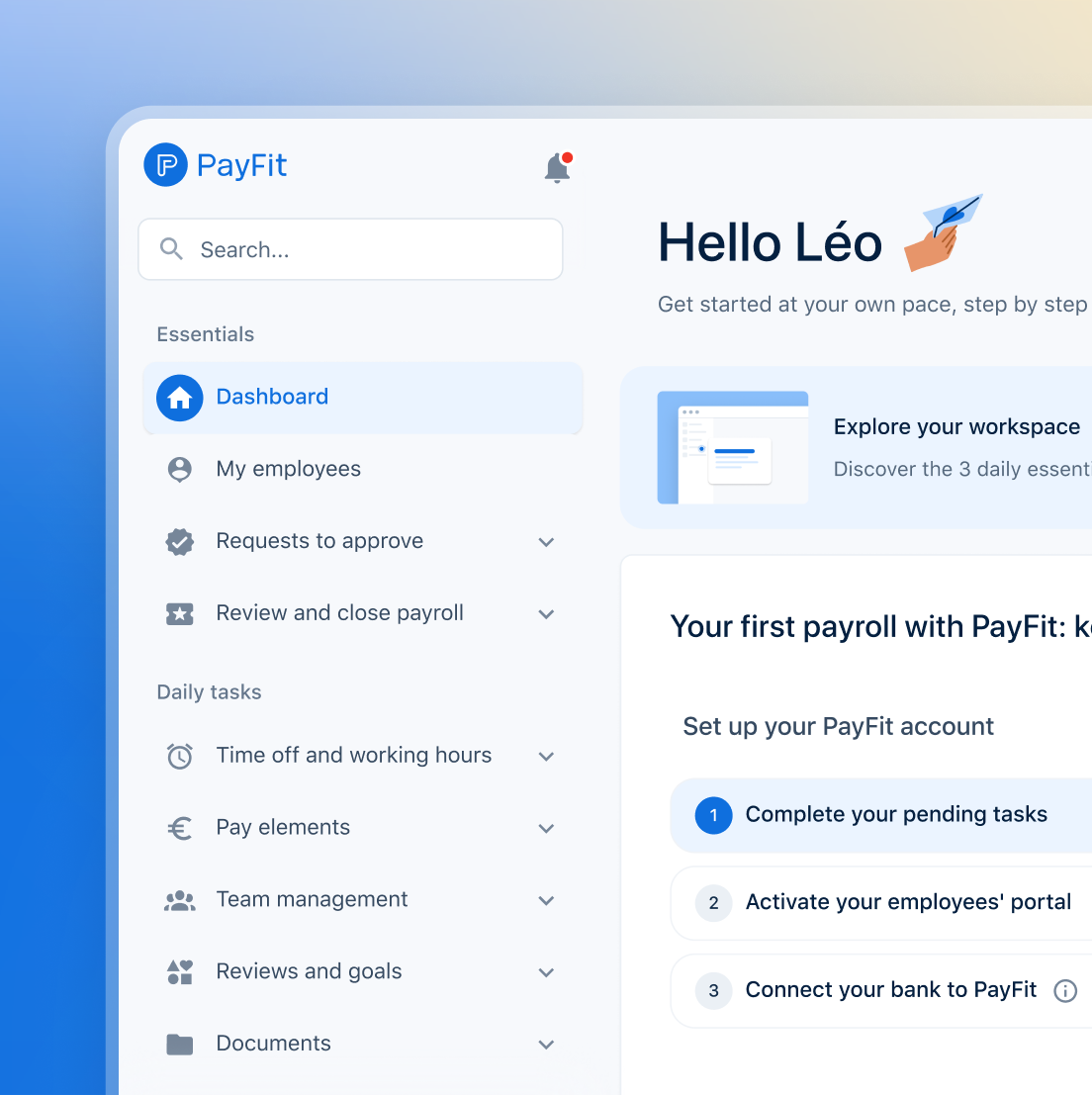✨ Health insurance, now in PayFit - learn more
💷 All the rates & thresholds you need to know for 25/26...right here
✨ The Payroll Journey: Start, Scale & Succeed Globally - learn more
✨ Health insurance, now in PayFit - learn more
💷 All the rates & thresholds you need to know for 25/26...right here
✨ The Payroll Journey: Start, Scale & Succeed Globally - learn more

What a topsy-turvy few weeks it’s been for UK politics!
After the government’s controversial Mini Budget & Growth Plan received such glacial reception, Prime Minister Lizz Truss appointed a new chancellor of the Exchequer. Jeremy Hunt took over while Kwasi Kwarteng was ousted in an effort to calm an increasingly uneasy economy.
The result? Many are now labelling this the most significant U-turn we’ve ever witnessed in UK economic history.
Call it a ‘U-turn’, an ‘un-budget’, or the ‘end of Trussonomics’; call it what you will, the overarching message is clear: the Mini Budget has been almost completely scrapped to make way for a more moderate Medium Term Fiscal Plan.
Here’s what that means for your payroll.
It’s a plan that was supposed to go ahead on the 31st of October. Now, the new Chancellor of the Exchequer has brought it forward.
The announced changes were designed to re-stabilise an anxious UK economy and re-establish confidence in Truss’s government.
The announcement took place on Monday, 17th of October and was covered by all the major networks here in the UK.
2026 payroll checklist
A number of changes were announced. But, most notably, they were reversals to almost all the measures set out in Prime Minister Truss’s Growth Plan. Here are the main takeaways from a payroll perspective:
The basic rate of income tax, which was going to be cut to 19%, will remain at 20% ‘indefinitely’. In other words, plans are still on the table to cut the basic rate; however, this will only be allowed when economic conditions have improved significantly (not likely to be any time soon).
The dividend tax rate was also going to be cut by 1.25 percentage points, leaving more money in the pockets of company directors. This will no longer take effect. The previous increase, which came about in April 2022, will remain in place.
Reforms to off-payroll working rules (otherwise known as IR35) were also set to be repealed. But these reforms will now remain in place. That means current ‘off-payroll’ contractors should continue to be treated as ‘off-payroll’.
What will remain are the government’s plans to scrap the National Insurance increase as well as the Health and Social Care Levy. From April 2023, the levy will be abolished, while National Insurance rates are set to decrease to their pre-April 2022 rates as soon as November.
Finding it hard to keep up? You’d be forgiven. There have been so many chops and changes that it is now genuinely tricky for businesses to keep up.
What’s clear is this: the events we’ve witnessed as a result of the Mini Budget have shown us that, try as they might, no government can ultimately control the markets. In order for businesses to thrive and make long-term decisions, they need economic stability.
For growing businesses, this economic uncertainty may make it more difficult to deal with payroll, especially in light of all these new legislative changes.


Learn how to register for Payrolling Benefits in Kind (PBiK) & simplify HMRC reporting. Discover 2025/26 updates & prepare for mandatory payrolling in 2027.

We explore the proposal for a £1,600 monthly universal basic income (UBI) trial in England, considering all the pros, cons and payroll implications.

If you pay Class 1 National Insurance, you can qualify for what’s called the Employment Allowance, and a lower Employer NI bill. Find out how here.

The 2024 Autumn Budget has landed. What does the new Labour government have in store for businesses and their employees? We recap the top announcements made.

Read our guide to answer the question ‘what is small employers’ relief’, to find out how you can qualify as a business, and how much you can claim.

In this post, we’ll look at TUPE (Transfer of Undertakings Protection of Employment Rights), how it works and what employers need to know.

See what's new in PayFit
New features to save you time and give you back control. Watch now to see what's possible